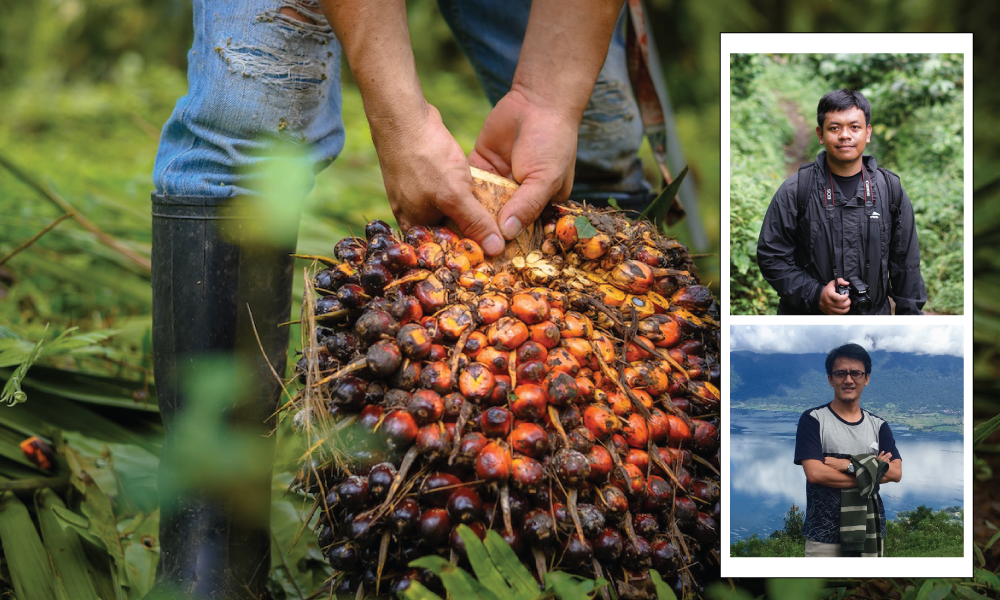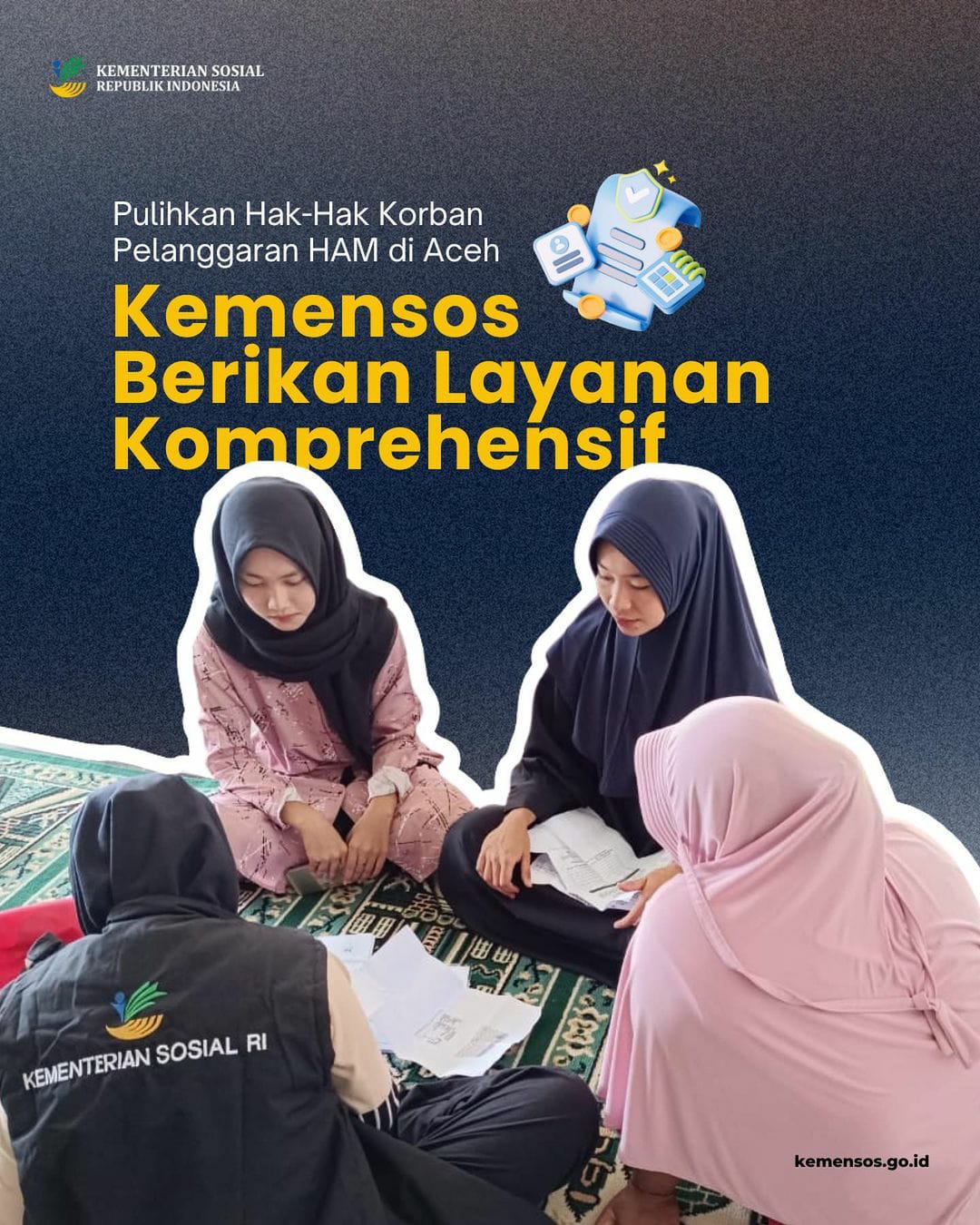Finally, expanding palm oil plantations and clearing forests are not sustainable solutions. Instead, the government should focus on improving productivity on existing palm oil plantations, developing downstream palm oil industries to maximize economic benefits without massively converting forest cover, strengthening sustainable palm oil practices, including palm oil certification, and supporting smallholder palm oil plantations. It is also essential to shift away from policies prioritizing corporate profits over community welfare and environmental safeguards. The ultimate goal of development should be equitable prosperity, not environmental destruction or social inequality.
President Prabowo and Minister Raja Juli Antoni's recent statements and stance on palm oil and deforestation risk undermining Indonesia’s environmental and climate goals. Simplistic narratives like “palm oil is a tree” disregard science and the irreplaceable value of Indonesia’s forests. As stewards of one of the world’s most biodiverse nations, Indonesia’s leaders must adopt a science-driven and sustainable approach to policy making, ensuring that economic ambitions do not come at the cost of ecological disaster and further paving the path toward a future where economic development and environmental conservation can coexist.



